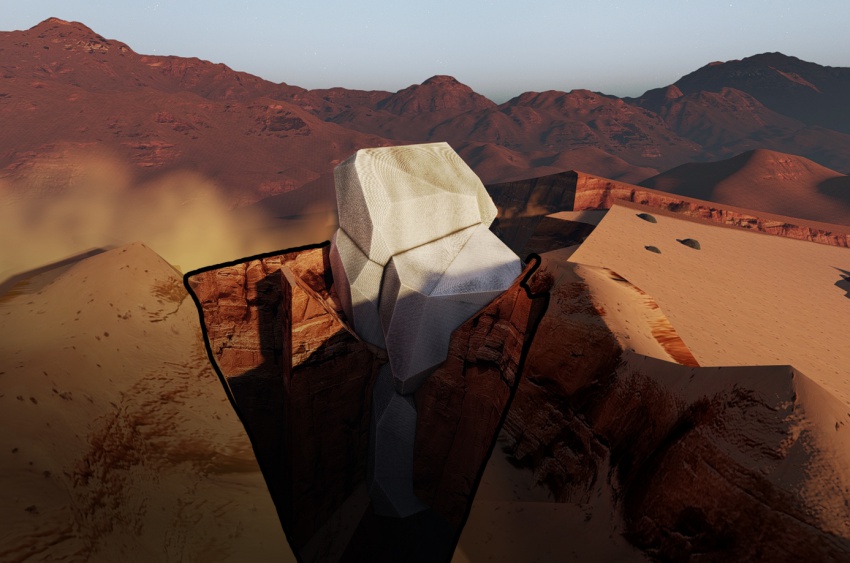Difference between revisions of "Shared:2023W4G2CV"
From cs
| Line 39: | Line 39: | ||
<body> | <body> | ||
<div> | <div> | ||
| − | The objective of the workshop on Computer Vision (CV) was to focus on image recognition techniques to identify geometric elements. A digital camera that captures the scene containing design components. The CV Python code can detect different geometrical entities, such as lines, polygons, and surfaces. This information can then be used to estimate the size, shape, and orientation of the components to be picked up by a robotic arm | + | The objective of the workshop on Computer Vision (CV) was to focus on image recognition techniques to identify geometric elements. A digital camera that captures the scene containing design components. The CV Python code can detect different geometrical entities, such as lines, polygons, and surfaces. This information can then be used to estimate the size, shape, and orientation of the components to be picked up by a robotic arm (see HRI). |
</div> | </div> | ||
Revision as of 00:56, 21 April 2023
Settling between the cracks of Mars
Group 2: Mohammad Behboodi - Sumeet Joshi - Dost Sahingoz - Majd Shahoud
The objective of the workshop on Computer Vision (CV) was to focus on image recognition techniques to identify geometric elements. A digital camera that captures the scene containing design components. The CV Python code can detect different geometrical entities, such as lines, polygons, and surfaces. This information can then be used to estimate the size, shape, and orientation of the components to be picked up by a robotic arm (see HRI).
